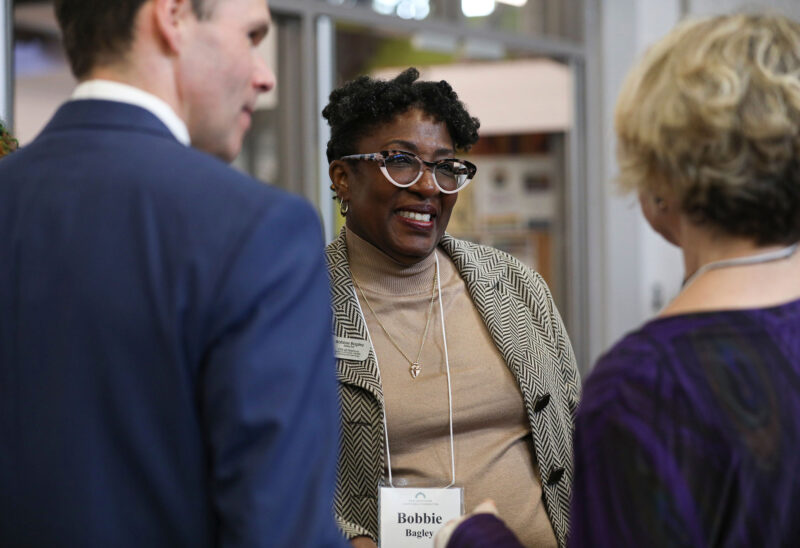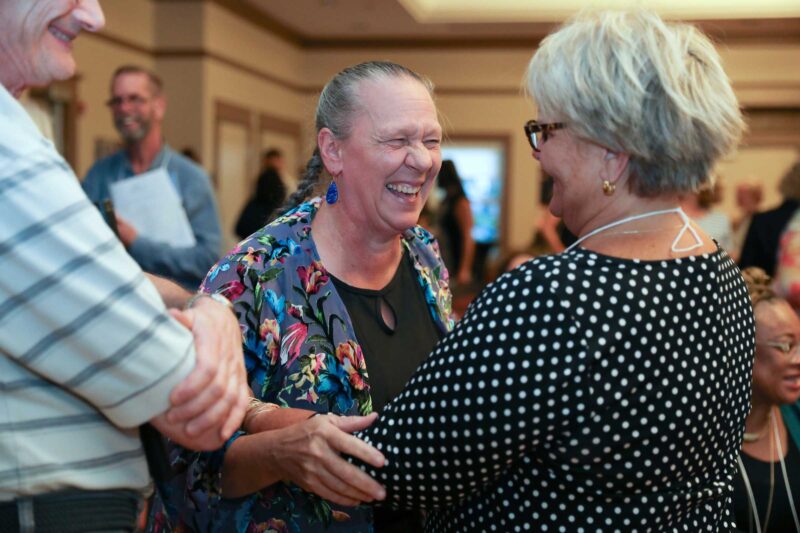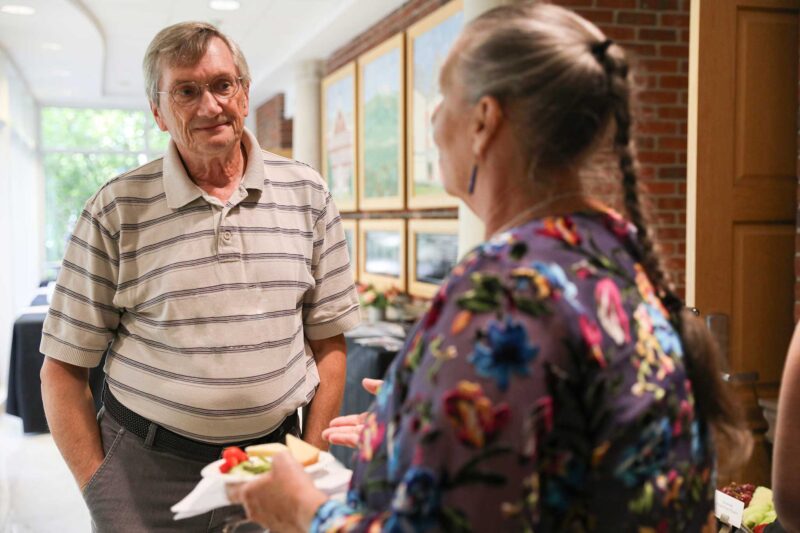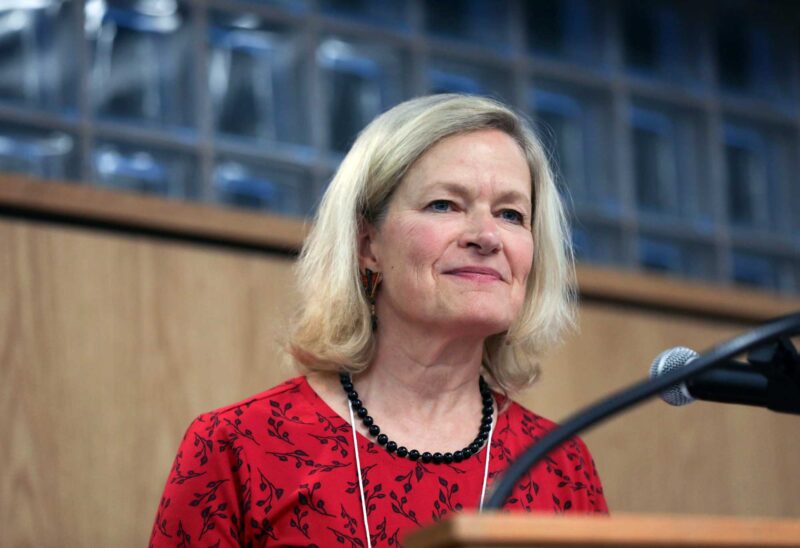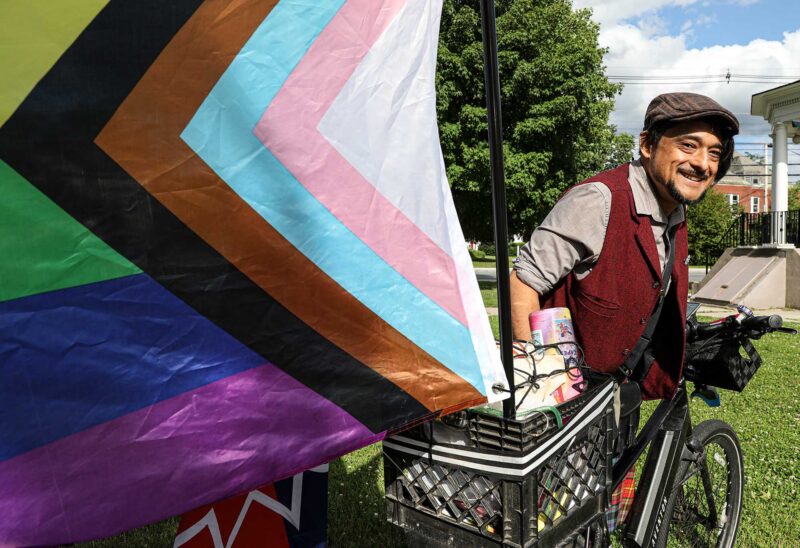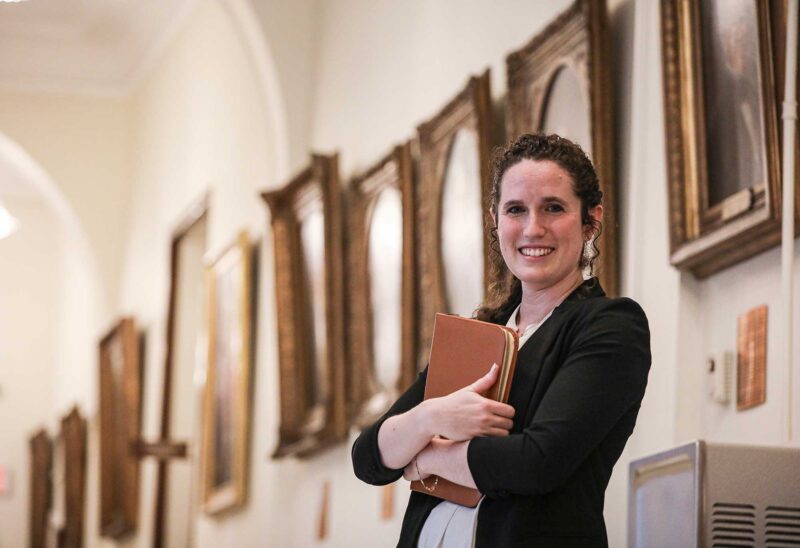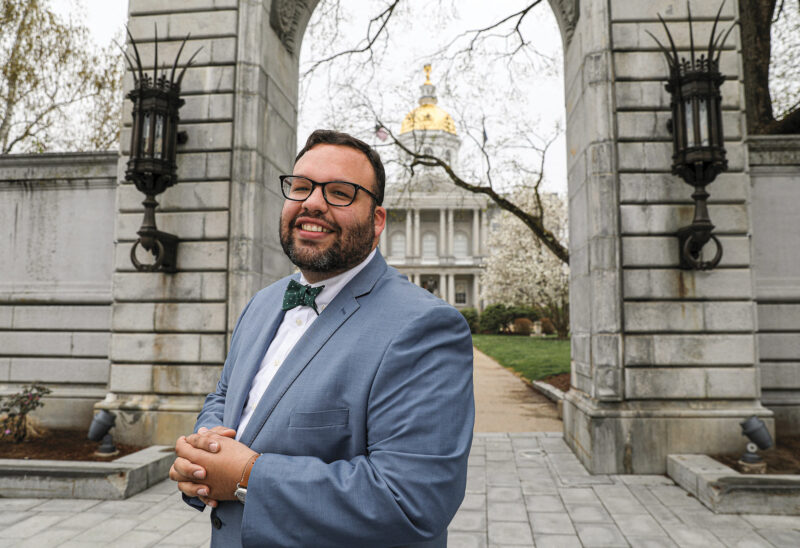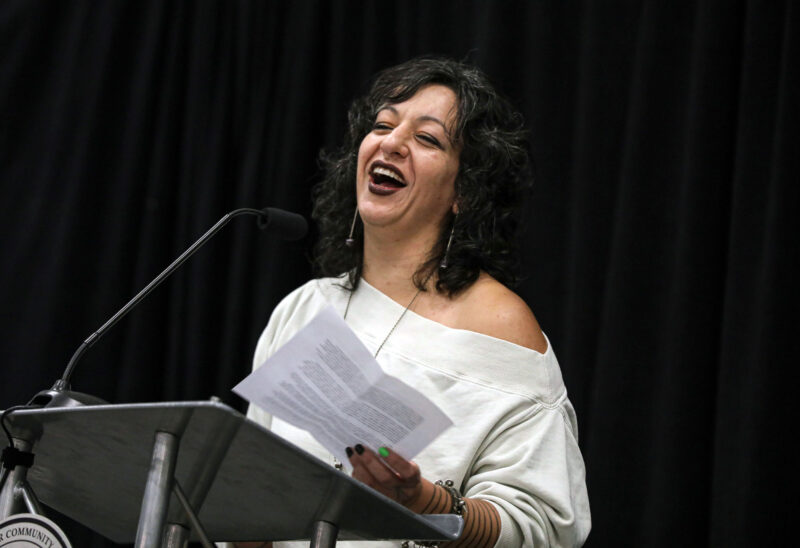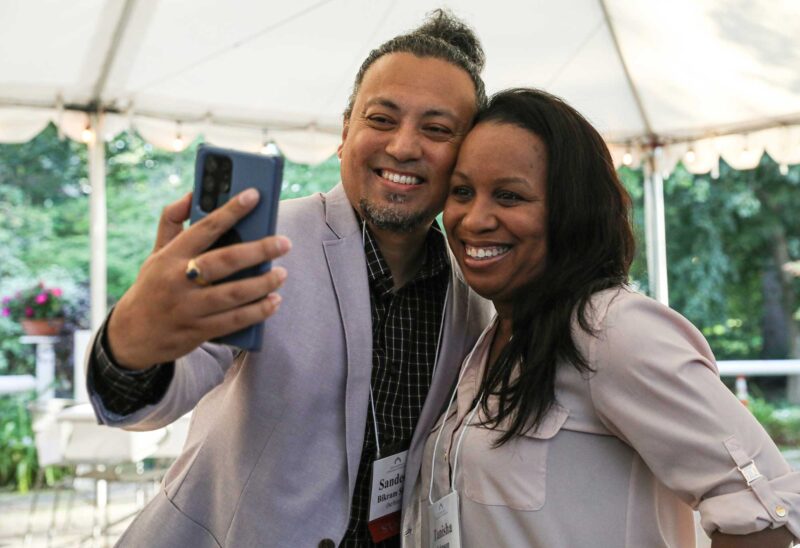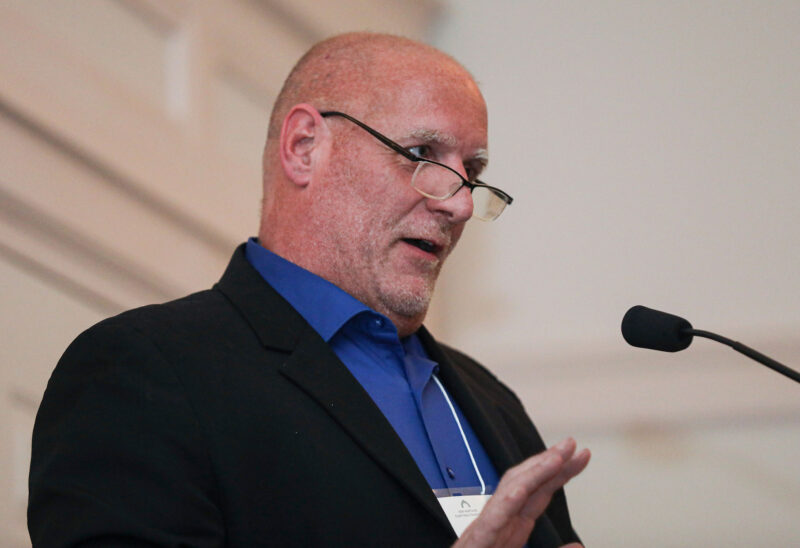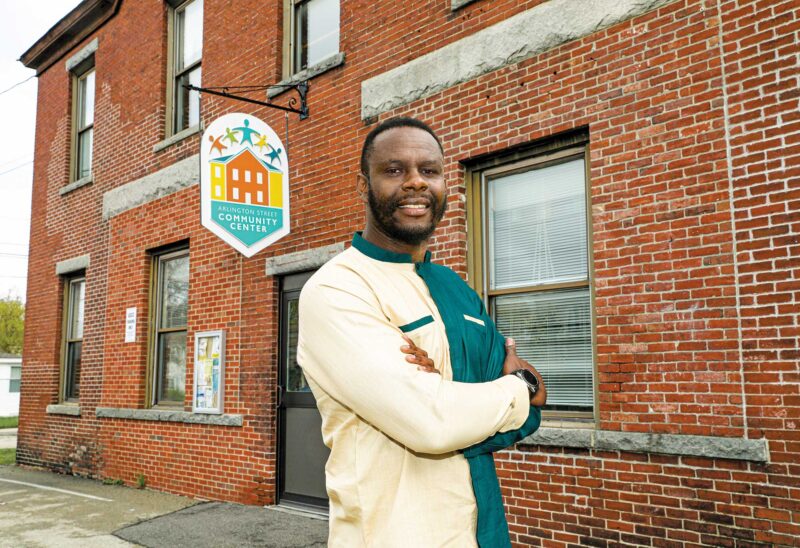Margarite is a single mom with three children, two with severe asthma and one with developmental delays. Spanish is Margarite’s native language and she has a hearing impairment. She is unable to drive and walks to our office for most appointments.
Her boys have had multiple emergency room visits for their asthma. In December, they came in for a recheck after one of these episodes. Margarite brought all three children. The boys were assessed medically and the usage of their medications reviewed with a Spanish interpreter.
Margarite then met with a Spanish-speaking community health worker. The family was offered donated clothing, food and nutrition resources, a connection to a Spanish-speaking case manager at the children’s school and information about transportation to future medical visits.
Margarite shared that the boys often missed school because she had to walk them there since they lived outside the school bus routes. She struggled to walk the boys to school with an infant in a stroller, and the winter cold made the boys cough more — so she kept them home. The community health worker worked with the school to arrange bus transportation. A behavioral health counselor helped Margarite address some of the boys’ challenging behaviors.
When families get this kind of support at their primary pediatric health care provider, they are able to more thoroughly address their psychological, physical and behavioral health needs — which have cascading positive effects on their overall success.
As a pediatrician at Amoskeag Health (formerly Child Health Services at the Manchester Community Health Center), I have the privilege of working within an integrated health team to address all of the health needs of my young patients.
Community health workers were added to our team through Project LAUNCH. They assess developmental and behavioral health issues, schedule interventions (immediately when necessary), refer to outside services and follow up to ensure that families avoid crises. They communicate in people’s native languages, increasing the family’s comprehension of their child’s care needs.
By delivering these services in one location, we can reduce the cost of, increase access and overcome the barriers to getting behavioral health care. As with so many health care components, such services are luxuries for our patients (nearly 80 percent of whom live at or below 200 percent of the federal poverty level).
Margarite’s boys are now attending school consistently. Their asthma has improved, and mom is proud of their progress. They needed medical care. But it is wraparound, family-centered care that is truly helping this young family — and so many others — succeed.








